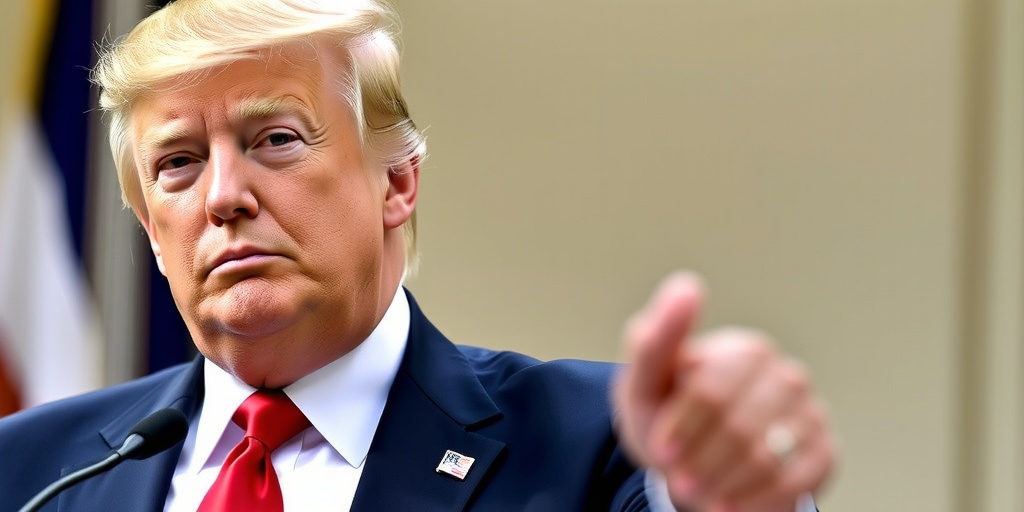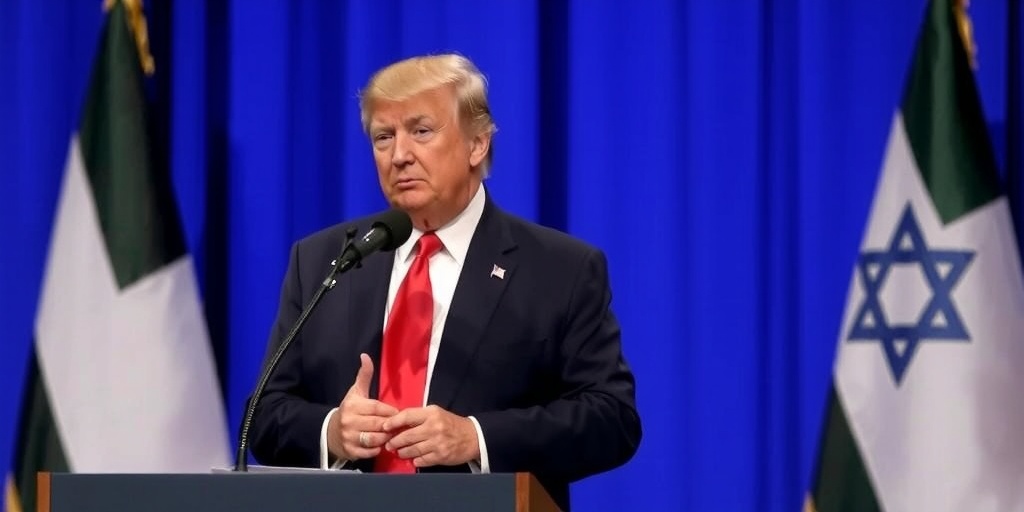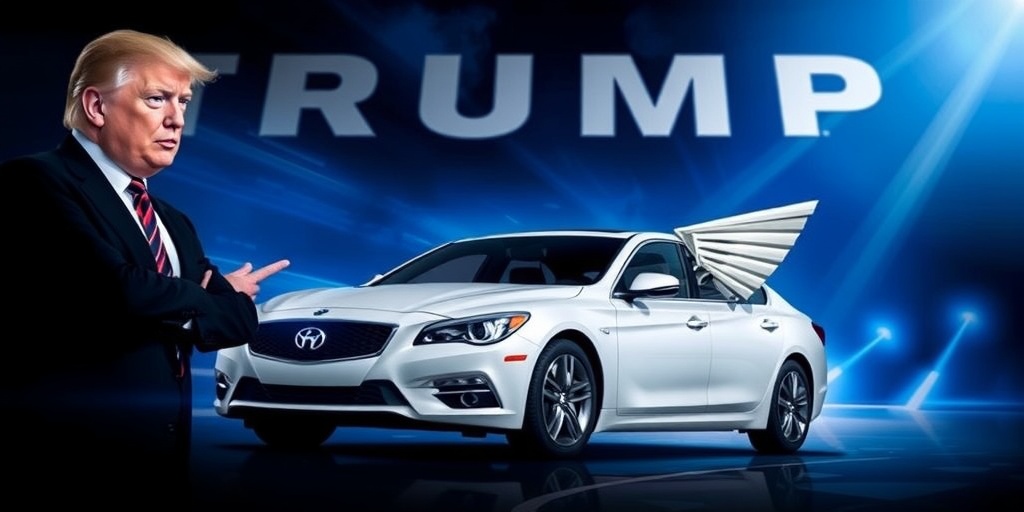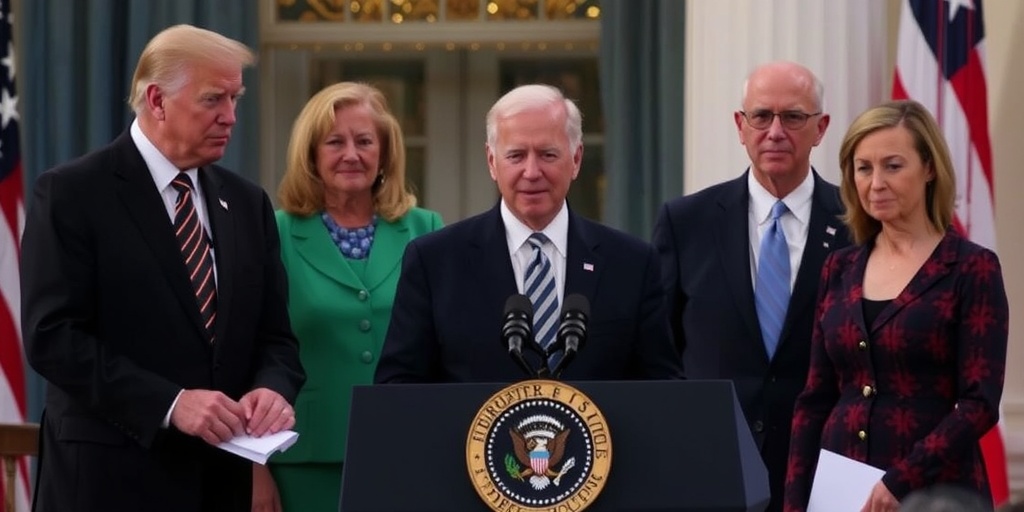Now Reading: Trump’s Agenda: A Bold Economic Experiment for the U.S.
-
01
Trump’s Agenda: A Bold Economic Experiment for the U.S.
Trump’s Agenda: A Bold Economic Experiment for the U.S.
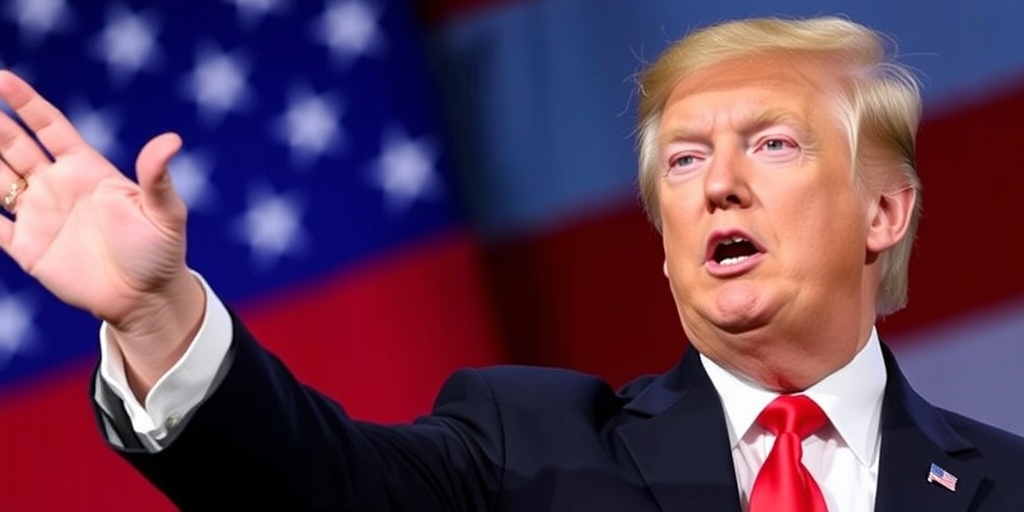
President-Elect Trump Set to Implement Unconventional Economic Policies Amid Economic Challenges
President-elect Donald J. Trump is embarking on a bold economic experiment that diverges significantly from traditional approaches, with a focus on tax cuts and increasing tariffs despite the current economic climate characterized by high interest rates and elevated prices. As he prepares to retake the White House on Monday, Mr. Trump has made it clear that his administration intends to act swiftly to impose universal tariffs, reduce regulations to boost domestic energy production, and advocate for another round of tax cuts in Congress.
On his first day in office, Trump plans to sign a series of executive orders aimed at expanding oil and gas drilling in Alaska, reversing the Biden administration’s pro-electric vehicle policies, and adopting a comprehensive strategy to combat inflation. Incoming officials have highlighted that Mr. Trump’s economic policies will unfold against a backdrop distinctly different from the one he faced during his first term eight years ago, when low inflation and a prolonged post-recession recovery marked the economic landscape.
As Trump steps into office, he is confronted with economic conditions that present unique challenges. Many economists project that economic growth will slow in the upcoming years, with inflation having eased somewhat but remaining over 20% higher than when he last occupied the presidency. The national debt has surged past $36 trillion, and the new administration is expected to grapple with a contentious debate in Congress regarding the country’s borrowing limit.
Experts are expressing skepticism about the projected effectiveness of Trump’s economic agenda. Paul Ashworth, chief U.S. economist at Capital Economics, voiced concerns that the administration’s policies could exacerbate stagflation, a situation characterized by stagnant economic growth coupled with high inflation. He predicts that the tariffs introduced by the Trump administration could contribute to a rebound in inflation rates, which are currently forecasted to drop close to 2%, potentially rising to approximately 3%. Furthermore, economic growth is anticipated to decelerate from approximately 2.5% in 2024 to around 1.5%.
The struggle against inflation appears far from over. Recent reports from the Labor Department indicated a 0.4% increase in the Consumer Price Index from November, with a year-over-year increase of 2.9%. This signifies the fastest monthly rise in consumer prices since February, suggesting that the Federal Reserve still has significant work ahead to regulate prices effectively. Several officials within the Fed have expressed concern that Trump’s policies could lead to a rekindling of inflationary pressures.
Despite the skepticism swirling around Trump’s economic plans, his advisers remain optimistic. They contend that by rolling back regulations and slashing taxes, economic output in the U.S. will surge and budget deficits will diminish. Scott Bessent, Trump’s nominee for Treasury Secretary, articulated that enhancing the nation’s growth trajectory could, in turn, elevate the overall economic outlook.
However, one of the most unpredictable elements in the economic scenario remains the impact of Trump’s proposed tariffs and how international entities might respond. The president-elect has advocated for blanket tariffs of 10% on imports and even more substantial tariffs on products from certain countries. While there is the possibility of implementing these tariffs gradually and with exemptions, the uncertainty surrounding potential retaliatory actions from other nations adds complexity to the economic forecast.
Bessent and Stephen Miran, Trump’s selection to lead the Council of Economic Advisers, have argued that comprehensive tariffs will not lead to inflation because U.S. tariffs typically strengthen the dollar’s value, effectively mitigating the cost of imports. However, many economists dispute this claim, asserting that tariffs function as taxes passed onto consumers. Historical trade tensions during Trump’s previous term resulted in retaliatory measures from other countries, which adversely affected U.S. exports of products like agricultural goods and whiskey.
Ernie Tedeschi, who previously served as chief economist for the Biden administration’s Council of Economic Advisers, pointed out the unrealistic assumption that export markets would remain unaffected by potential retaliatory tariffs. Despite a general sense of enthusiasm among Republican lawmakers for Trump’s economic proposals, some have expressed reservations about imposing new taxes on imports. Senator Ron Johnson, a Republican from Wisconsin, voiced his concerns regarding the double-edged nature of tariffs during a recent event hosted by the conservative group Unleash Prosperity.
While Trump initially promised that inflation would be completely eradicated if he were to win the presidency, he has since moderated those assertions. In an interview last month, he acknowledged the challenges of lowering grocery prices, describing the issue as "very hard." Similarly, Vice President-elect JD Vance stated this month that their objective would be to "stabilize" prices rather than achieving a complete reduction.
In summary, President-elect Donald Trump is set to launch an ambitious and unconventional economic agenda aimed at revitalizing the U.S. economy while navigating significant challenges and skepticism from various sectors. As his administration unfolds, the impact of these policies on inflation, economic growth, and international trade remains to be seen.
Stay Informed With the Latest & Most Important News
Previous Post
Next Post
-
 01New technology breakthrough has everyone talking right now
01New technology breakthrough has everyone talking right now -
 02Unbelievable life hack everyone needs to try today
02Unbelievable life hack everyone needs to try today -
 03Fascinating discovery found buried deep beneath the ocean
03Fascinating discovery found buried deep beneath the ocean -
 04Man invents genius device that solves everyday problems
04Man invents genius device that solves everyday problems -
 05Shocking discovery that changes what we know forever
05Shocking discovery that changes what we know forever -
 06Internet goes wild over celebrity’s unexpected fashion choice
06Internet goes wild over celebrity’s unexpected fashion choice -
 07Rare animal sighting stuns scientists and wildlife lovers
07Rare animal sighting stuns scientists and wildlife lovers













